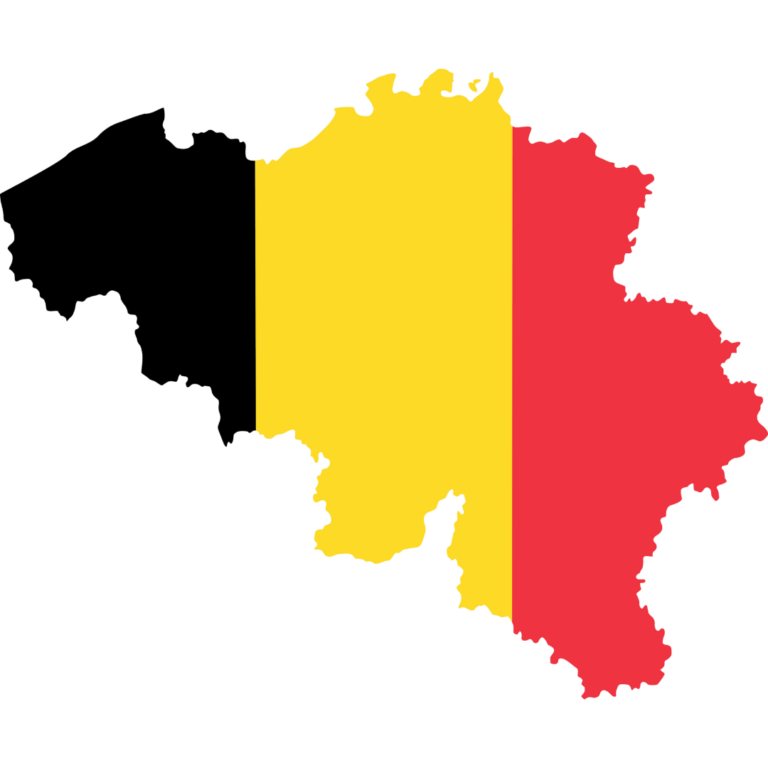Study In Belgium


Overview
✅English language proficiency test: The TOEFL or IELTS certificate is accepted, and the required score depends on the applied university
✅Visa requirements:
• A completed and signed visa application form.
• Your passport, valid for at least 12 months when you arrive in Belgium.
• Proof you have sufficient funds to support yourself – this must cover healthcare, living costs, study and repatriation costs. It is currently set at €750 per month for the 2023/2024 academic year.
• A medical certificate.
• Proof you do not hold any criminal convictions (over 21 only).
• Proof of your registration at a university in Belgium.
• The original and a certified copy of your higher secondary education diploma or equivalent.
• A supporting letter explaining your choice of studies.
• Proof of language proficiency.
✅Work opportunities: International students can work up to a maximum of 20 hours a week.
✅Expenses in Belgium:
• Tuition Fees – EURO: €5,500 to €10,500
• Accommodation, Transportation & Food – EURO: €12,000
• Study visa – EURO: €80
Why Study in Belgium?
Studying in Belgium is an attractive option for international students due to several compelling reasons:
1. High-Quality Education: Belgium is known for its top-tier education system, with a strong focus on research and innovation. It is home to several internationally recognized universities and institutions.
2. Diverse Range of Programs: Belgian universities offer a wide variety of academic programs and majors, providing students with a broad spectrum of fields to choose from.
3. Multilingual Environment: Belgium is a multilingual country with three official languages: Dutch, French, and German. Depending on the region and university you choose, you can study in one of these languages, making it a great place to enhance your language skills.
4. Cultural Richness: Belgium has a rich cultural heritage, with a history that includes renowned artists like Magritte, Bruegel, and Hergé. The country hosts various cultural events, museums, and historical sites.
5. Central Location in Europe: Belgium’s central location in Europe provides easy access to neighboring countries like France, Germany, the Netherlands, and Luxembourg, making it a convenient base for exploring Europe.
6. Safety and Quality of Life: Belgium is considered a safe and stable country with a high quality of life. It offers excellent healthcare, public services, and safety for its residents.
7. Research and Innovation: Belgium is a hub for research and innovation, with many universities actively engaged in cutting-edge research projects and collaborations with international institutions.

Apply For Free Career Consulting
Get free advice and consultation for a simple enrolling process at reputable universities across the world.